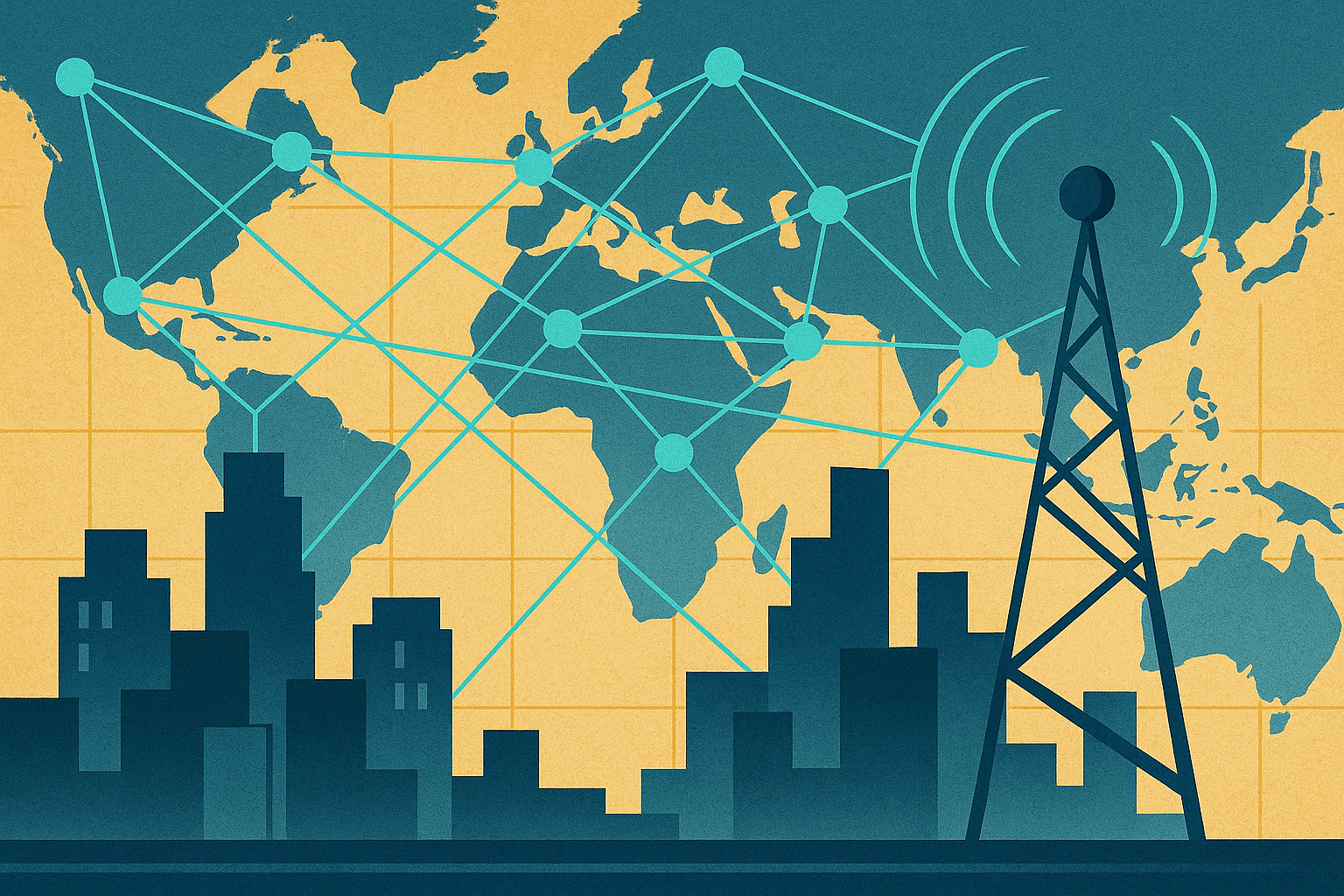Wireless Logic has acquired Zipit Wireless, a South Carolina–based IoT connectivity and billing solutions specialist, in a deal that signals renewed momentum for UK-led innovation in global IoT markets. The transaction marks Wireless Logic’s first US-headquartered acquisition and adds both reach and technical depth as it pursues further expansion across North America.
Zipit Wireless operates in the US and Canada, managing IoT connectivity for customers in sectors ranging from agriculture and security to digital signage and retail. Its white-labelled subscription billing platform, together with established relationships with top-tier carriers such as Verizon, AT&T and Rogers, has enabled over $45 million in subscription revenue for OEM customers. Through its Canadian arm, Mtrex Networks, Zipit also delivers global connectivity to the point-of-sale market.
Wireless Logic, with more than 18 million devices connected across 165 countries, described Zipit as an ideal strategic fit, citing the US firm’s expertise in complex commercial billing and support for B2B2C and multi-tiered IoT models. “Zipit’s deep understanding of the North American market and its expertise in complex commercial models make it a welcome addition to the group,” said Oliver Tucker, co-founder and CEO at Wireless Logic. Frank Greer, CEO at Zipit Wireless, said: “Access to Wireless Logic’s global footprint and broader service portfolio means we can offer more choice, coverage and capability — while staying true to the hands-on support our customers rely on. It’s a strong cultural fit and we’re excited about what’s ahead.”
The acquisition builds on Wireless Logic’s established pattern of international expansion through targeted takeovers — including Arqia in Brazil, Webbing in Israel, and Blue Wireless in Singapore — and marks its first direct entry into the US market. Sector commentators note that the addition of Zipit addresses a strategic gap in North America and aligns with Wireless Logic’s stated ambitions for global coverage in IoT connectivity and billing.
The deal comes amid increased demand for scalable, multi-carrier connectivity solutions, as enterprises across sectors seek to simplify IoT billing and integration in complex, multi-tier supply chains. Wireless Logic’s focus on building purpose-built IoT platforms and partnerships is expected to further support growth in regulated sectors such as healthcare, security, retail, and transport — all of which require robust connectivity, rapid deployment, and secure, reliable operations at scale.
The financial terms of the acquisition have not been disclosed. Both companies have signalled a strong commitment to customer continuity and ongoing investment in the combined portfolio, while sector observers anticipate further consolidation in the fragmented global IoT services market.



